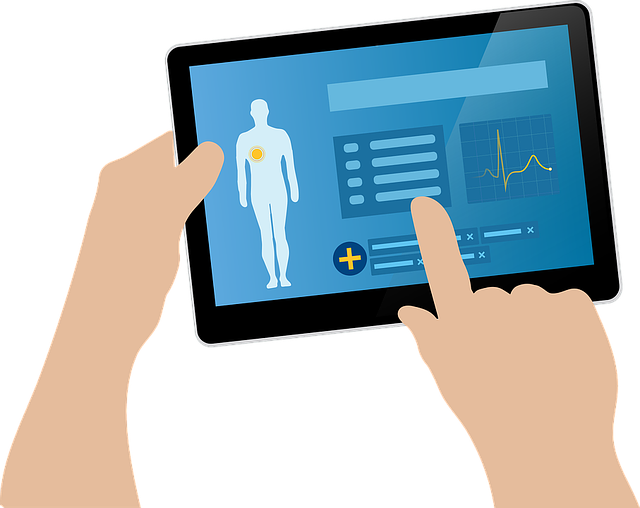M-CURES, a computational model now in development, could help hospitals anticipate fast-changing patient needs while keeping care providers safe. Developed by a team of researchers at the College of Engineering, Precision Health, and Michigan Medicine, the model uses a machine learning algorithm to crunch more than 200 health and demographic variables of individual COVID-19 patients.
The model then outputs a numerical score, updated every four hours, that predicts the patient’s likelihood of requiring ICU-level care. Preliminary validation of M-CURES has shown it to be effective in predicting the progression of the disease.
“M-CURES could help the hospital get better answers to questions like who is likely to need ICU care and how many ICU beds it will need within a given time frame,” said Jenna Wiens, an associate professor of computer science at engineering and co-director of Precision Health at U-M. “It could also help the families of severely ill COVID patients by giving them more time to evaluate treatment options.”

